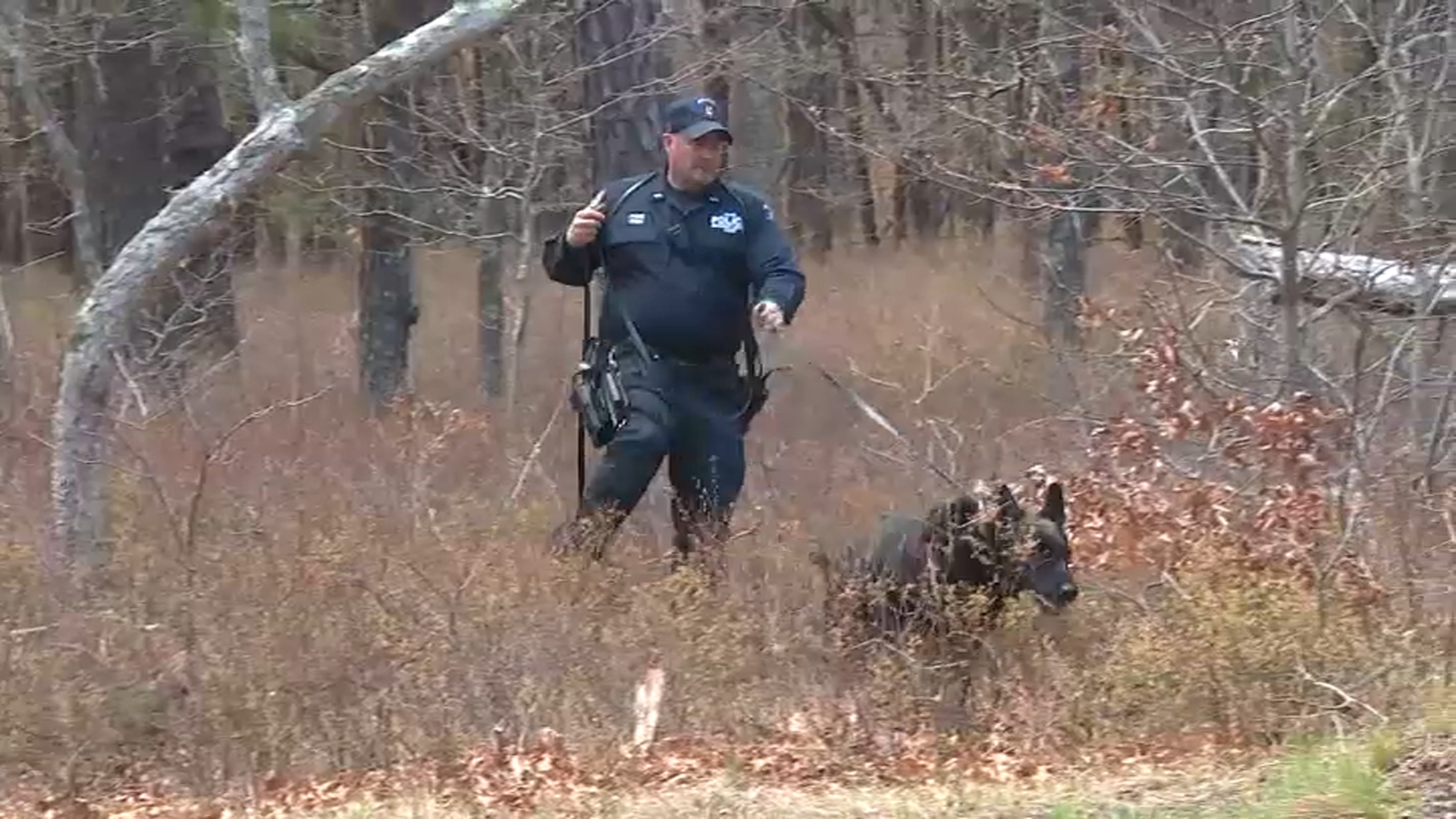As the novel coronavirus has made its way into New York City, there are many rumors and beliefs surrounding the illness — some of which aren't entirely accurate, others of which are downright false.
NBC New York talked with Dr. Janette Nesheiwat, an emergency medicine doctor and the medical director for City MD, about what risks the illness proposes and what people can do to protect themselves.
ARE FACEMASKS NECESSARY?
Dr. Neshiwat: "Facemasks are only necessary if you're a doctor, if you're a nurse, if you're working in a hospital, if you're a health care provider taking care of someone that might have a virus that's highly transmissable. If you're walking down the street, if you're not in the medical field, no, you don't need to wear a mask. It really is not going to protest you against the coronavirus, or any other virus ... they're microscopic, they can penetrate through masks."
HOW CONTAGIOUS IS THIS STRAIN OF CORONAVIRUS?
Dr. Neshiwat: "This strain of the coronavirus, COVID-19, seems to be highly infectious, highly contagious, and is usually spread if someone is coughing and sneezing, and those particles get into your lungs, into your eyes, into your nose and into your mouth. That's why it's so important if you're coughing and sneezing, cough into your elbow. If you're sick — stay home. Don't go work if you're sick, don't travel if you're sick and take common sense precautions."
AIRBORNE VS. SURFACE SPREADING:
News
Dr. Neshiwat: "With COVID-19, usually most of the human to human transmission is from airborne particles, if someone is coughing, if they're sneezing or even if you're in close contact with someone, it could potentially spread.
Viruses can typically live on surfaces, on inanimate objects [for] anywhere from a few hours to a few days. The greater risk of transmission is human to human, versus human to surface."
HOW DEADLY IS IT?
Dr. Neshiwat: "It effects thousands and thousands of people, but fortunately it's only killed a small number of people. Just like the flu virus — a small number of people will pass from it, but it effects millions. The mortality rate for the COVID-19 virus is estimated to be between 2-4 percent, but we don't know the exact details, the exact numbers because we don't know the exact number of cases from all over the world.
We're not sure if China is giving us all the exact numbers to give those estimates. Even though there are several thousand deaths, the mortality rate is considered to be low right now and hopefully it will stay like that."
HOW DOES IT COMPARE TO THE FLU?
Dr. Neshiwat: "Right now, the flu kills thousands of people in this country, an estimate 40,000-60,000 a year, and it effects around 30 million Americans every year, with over a quarter of a million hospitalizations. They're both highly infectious, highly contagious viruses, it just depends on what part of the world you are in.
In this country, more people are dying from influenza A and influenza B than any other virus."
DO WE NEED TO PREPARE FOR A POSSIBLE PANDEMIC (BUYING CANNED GOODS, SUPPLIES, ETC.)?
Dr. Neshiwat: "It's always a good idea to have some water, some canned foods in case of any emergency, whether it's a hurricane or a tornado or a viral pandemic. You don't have to go out and spend $1,000 on groceries, but it's not a bad idea to have a supply at your home for safety purposes ... It's also very important to make sure you have a proper amount of medications and make sure they're stored properly as well."
DO FLU OR PNEUMONIA VACCINES PROTECT YOU FROM GETTING THIS STRAIN OF CORONAVIRUS?
Dr. Neshiwat: "No. The flu vaccine is meant to protect you against influenza A and influenza B, and the pneumonia vaccine is to protect you against bacterial pneumonia. The pneumonia that is caused from COVID-19 is a viral pneumonia, there's no cure for that. The only treatment for that right now is supportive care, fluids, oxygen, Tylenol, ibuprofen — that sort of thing."
IS THERE A CURE?
Dr. Neshiwat: "At this time, no, there is not a cure for coronavirus. But there are some antiviral medicines which are being tried and tested ... there are some antivirals that used for HIV and AIDS that are being tried, but we don't have a specific FDA cure right now. Hopefully we will have that in the future, along with a vaccine in the future. There are vaccines underway, and hopefully trials will begin in a couple months.
SHOULD WE BE WORRIED ABOUT THIS VIRUS?
Dr. Neshiwat: "I don't think we should be worried, but we should be vigilant, and be aware and up to date with the latest information on where the current outbreaks are occurring. And take common sense precautions: Keep your hands washed and clean, don't touch your eyes, don't touch your face, don't rub your nose, that's how viruses and bacterial infections can spread from person to person. Also, no smoking, get enough sleep, don't travel if you're sick, that sort of thing."
IS IT SAFE TO RECEIVE A LETTER OR PACKAGE FROM CHINA?
According to the World Health Organization, yes, it is safe to receive something from China, because coronaviruses don't survive long on objects. Yes. "The likelihood of an infected person contaminating commercial goods is low and the risk of catching the virus that causes COVID-19 from a package that has been moved, travelled, and exposed to different conditions and temperature is also low," according to the organization's website.
DOES SPRAYING YOUR BODY WITH ALCOHOL OR CHLORINE KILL THE VIRUS?
Doctors say don't try it. Aside from it potentially hurting you, it won't kill viruses that have already entered your body.
CAN PETS POTENTIALLY SPREAD THE NEW CORONAVIRUS?
The WHO says there is no evidence that cats or dogs can be infected, or spread the virus that causes COVID-19.



